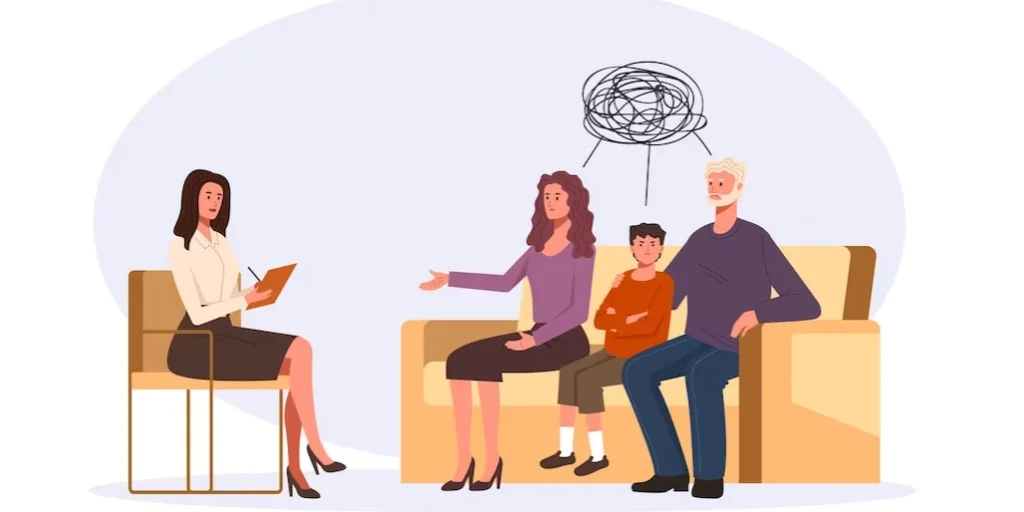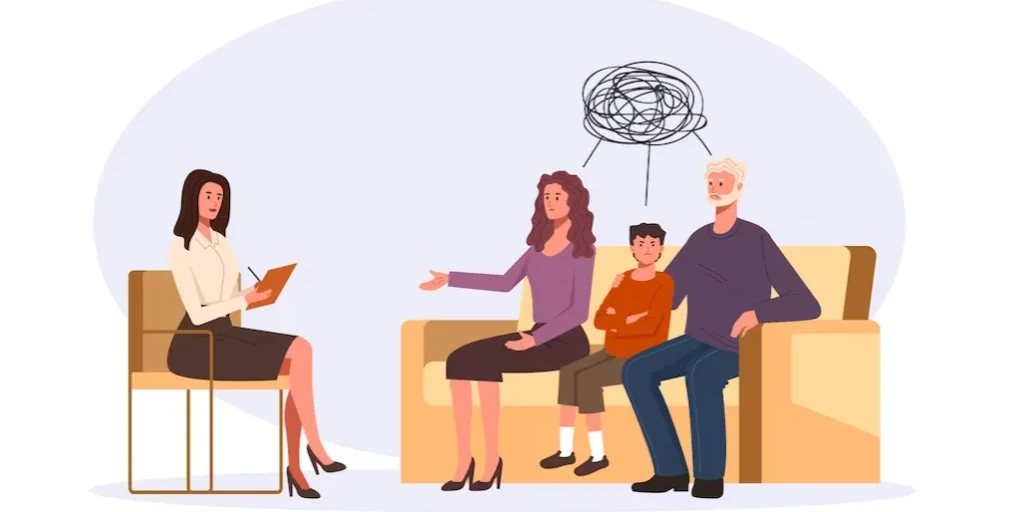24/7 Helpline:
(866) 899-221924/7 Helpline:
(866) 899-2219
Learn more about Ecstasy Rehab centers in Palm Beach Gardens
Ecstasy Rehab in Other Cities

Other Insurance Options
Beacon

Regence

Health Choice

Sliding scale payment assistance

Magellan Health

MVP Healthcare

Lucent

Ceridian

Evernorth

Group Health Incorporated

Meritain

BlueShield

Coventry Health Care

WellPoint

State Farm

Absolute Total Care

Highmark

CareSource

UMR

Access to Recovery (ATR) Voucher

Sunset House Recovery Center
Sunset House Recovery Center is a non-profit rehab located in Palm Beach Gardens, Florida. Sunset Ho...

Believe Treatment Center
Believe Treatment Center is a state licensed drug and alcohol treatment facility located in Palm Bea...

Palm Beach Elite Counseling Services
Palm Beach Elite Counseling Services is a small, focused, outpatient treatment center that strives t...































Synergy Group Services
Synergy Group Services offer a wide range of programs for those individuals struggling with substanc...

Recovery Road
Recovery Road, formerly known as Sunspire Health Recovery Road, provides treatment in Palm Beach Gar...

The Lukens Institute
The Lukens Institute is a private rehab located in Palm Beach Gardens, FL. The Lukens Institute spec...

New Beginnings Recovery Center
New Beginnings Recovery Center offers outpatient and inpatient treatment for individuals with alcoho...

Chiron Recovery Center
Chiron Recovery Center specializes in the treatment of substance abuse offering state-of-the-art alc...

Serenity Now
Located in the Palm Beaches, Serenity Now, offers an ideal setting for people recovering from mental...









